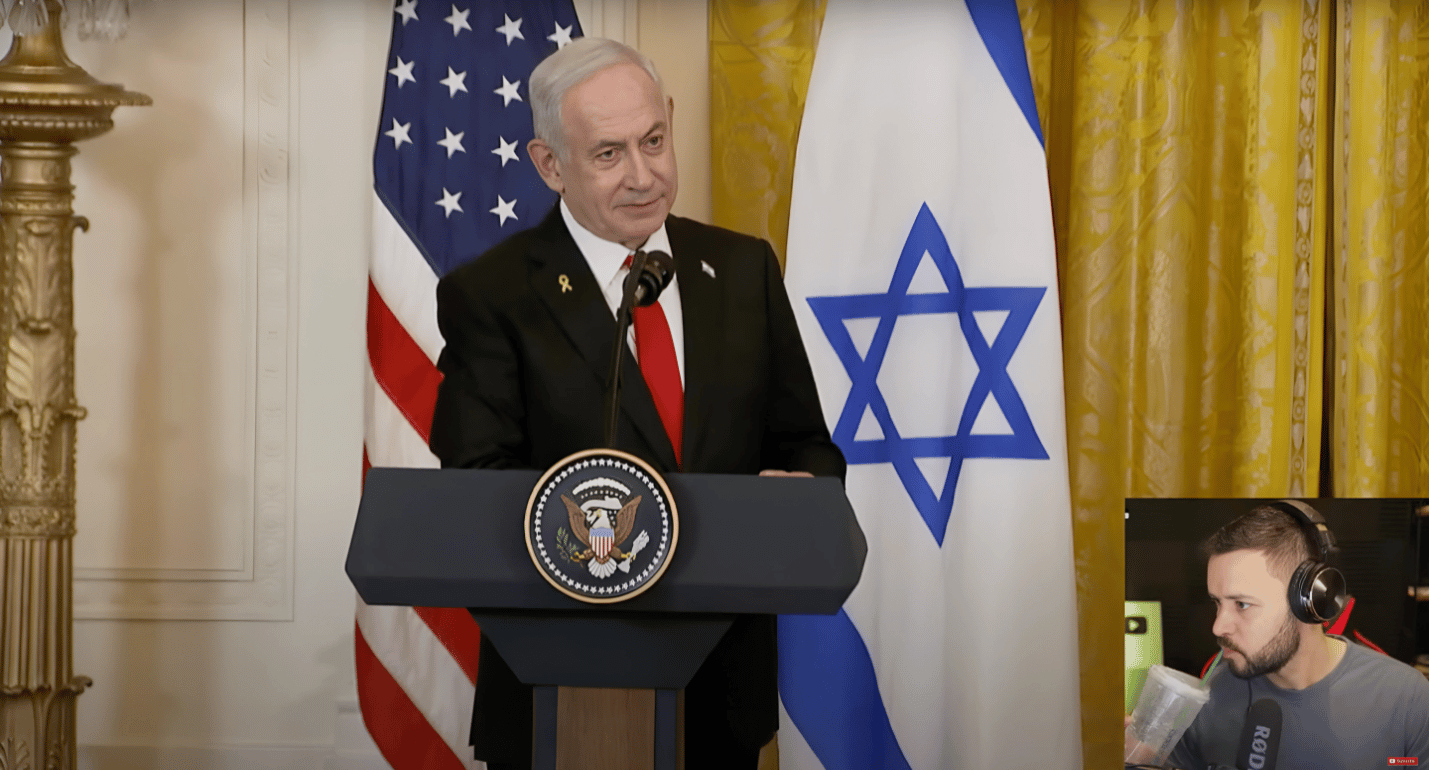Former President Donald Trump has reinforced his controversial proposal for U.S. control of Gaza, sparking intense debate across the Middle East and reshaping diplomatic discussions around the Palestinian territory’s future.
The Proposal
In a series of Truth Social posts Thursday, Trump elaborated on his vision for Gaza, suggesting the Palestinian enclave would be “turned over to the United States by Israel” once the current conflict ends. The plan envisions transforming the war-torn territory into what Trump described as “the Riviera of the Middle East,” with Palestinians potentially relocated to “far safer and more beautiful communities with new and modern homes in the region.”
Key Points of Trump’s Plan:
- Complete U.S. control of Gaza territory
- No U.S. military presence required
- Large-scale reconstruction and development
- Potential relocation of Palestinian residents
- International development teams involved
Regional Response
The proposal has met with mixed reactions across the Middle East. While publicly rejected by most Arab nations, some analysts suggest certain regional powers might privately support the initiative as a solution to ongoing security challenges.
Saudi Arabia’s Foreign Ministry officially rejected “any attempts to displace Palestinians from their land,” maintaining that normalized relations with Israel would require the creation of a Palestinian state. Egypt and Jordan have similarly opposed the relocation of Gaza’s 2.3 million residents.
Palestinian Reaction
Palestinian Authority President Mahmoud Abbas strongly rejected the proposal, calling it “a serious violation of international law.” Many Palestinians view the plan as reminiscent of the 1948 Nakba, when hundreds of thousands of Palestinians were displaced during Israel’s creation.
Shifting Support
In a notable development, the “Arab Americans for Trump” group has rebranded itself as “Arab Americans for Peace” in response to the proposal. The group’s founder, Bashar Bahbah, stated that Trump’s ideas “rubbed a lot of people the wrong way,” highlighting growing concerns within previously supportive communities.
Israeli Position
Israeli Prime Minister Benjamin Netanyahu has offered measured support for Trump’s vision. In a Fox News interview, Netanyahu praised the proposal as potentially creating “a different future for everyone,” while suggesting that allowing Palestinians who wish to leave Gaza to do so could be beneficial.
Strategic Implications
Some analysts suggest Trump’s proposal might be a negotiating tactic rather than a literal plan. Former Israeli-Palestinian negotiator Aviv Melamed noted that Saudi Arabia, Egypt, and Jordan might privately welcome the initiative as a solution to regional Hamas-related challenges, despite public opposition.
White House Clarification
White House Press Secretary Caroline Levitz has attempted to clarify the administration’s position, emphasizing that Trump is committed to rebuilding Gaza and temporarily relocating Palestinians during reconstruction efforts, rather than permanent displacement.
International Legal Concerns
Critics, including human rights groups and international legal experts, have raised concerns about the proposal’s legality and feasibility. The majority of UN member countries recognize Gaza as part of an independent Palestinian state, though neither Israel nor the United States currently recognizes Palestinian statehood.
